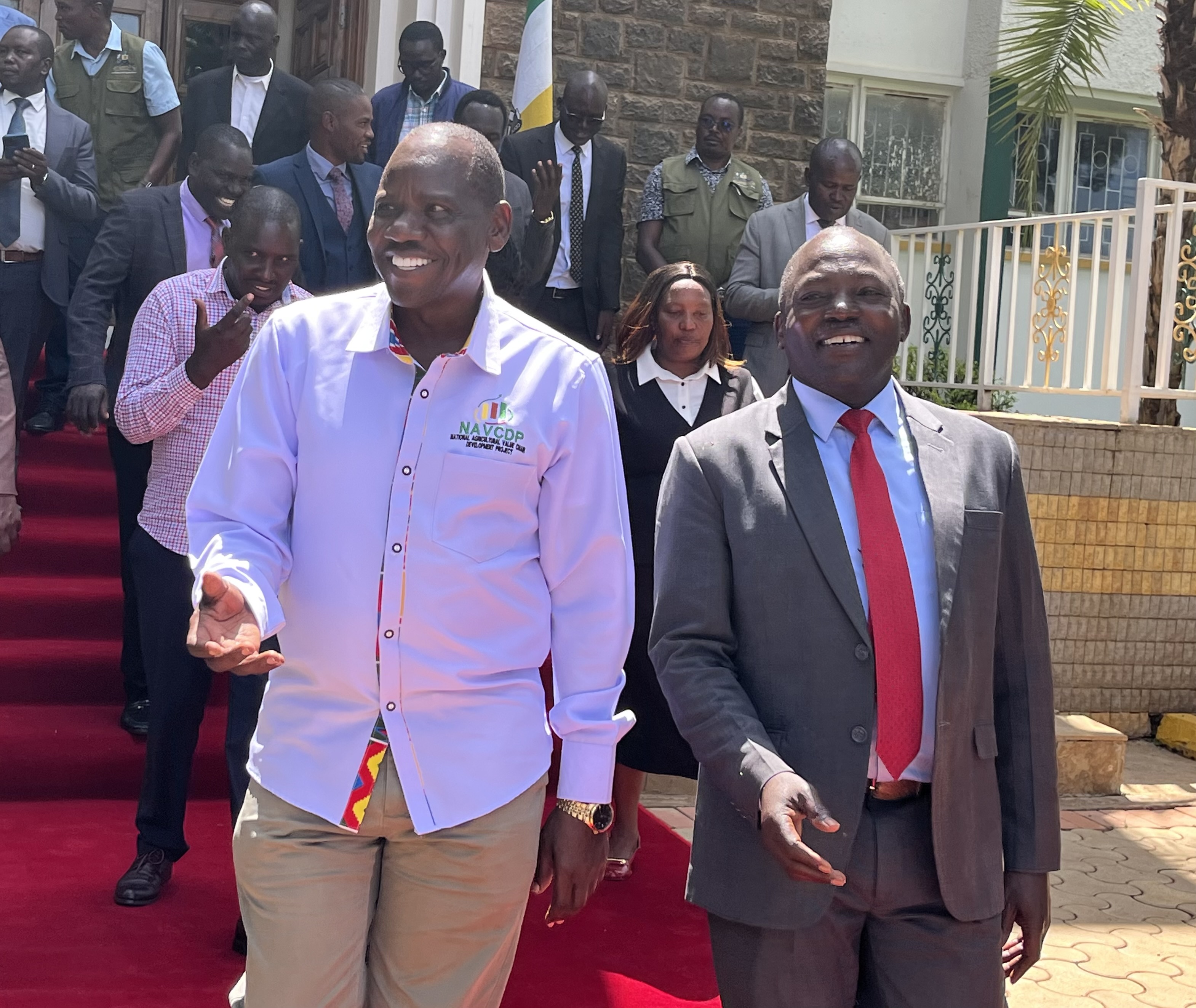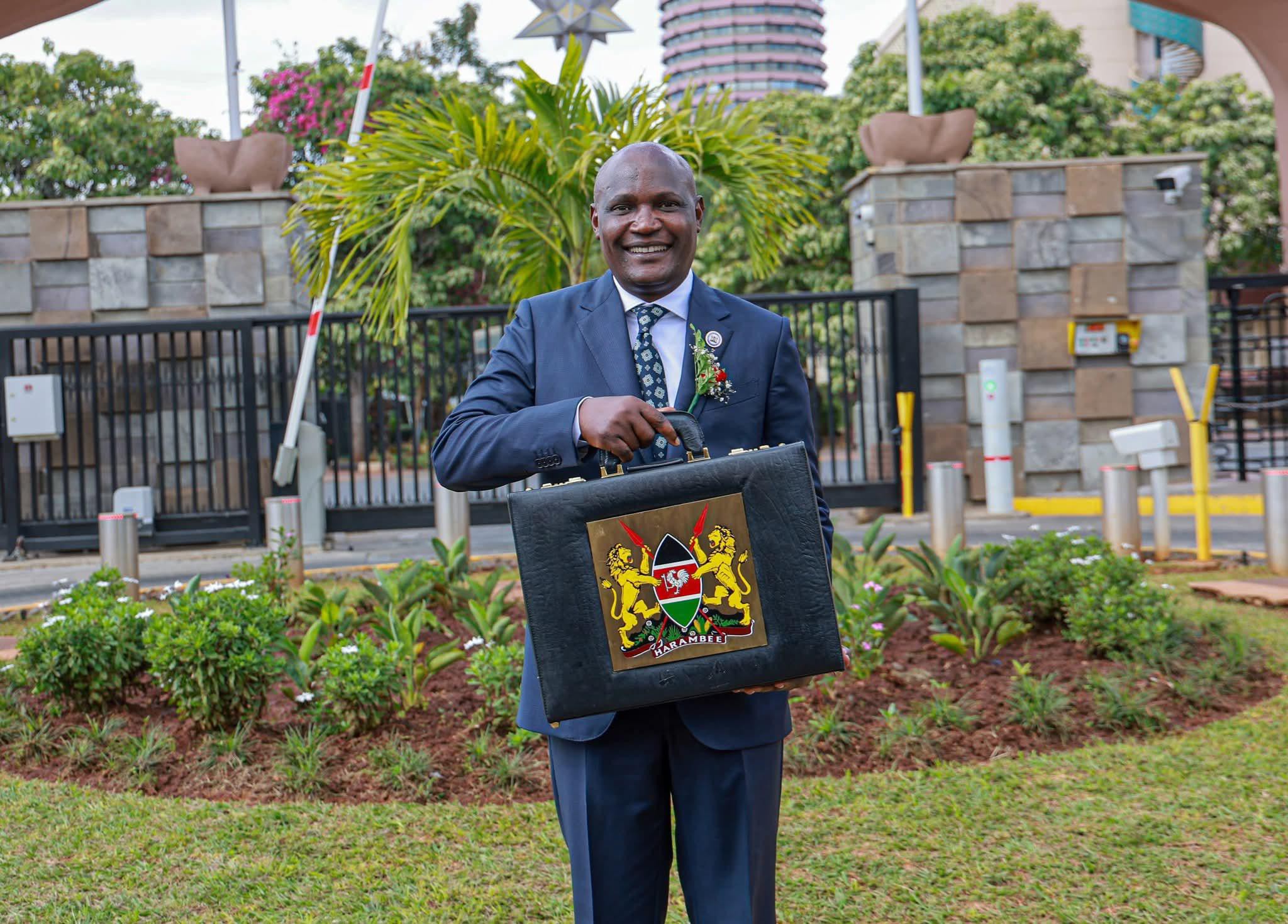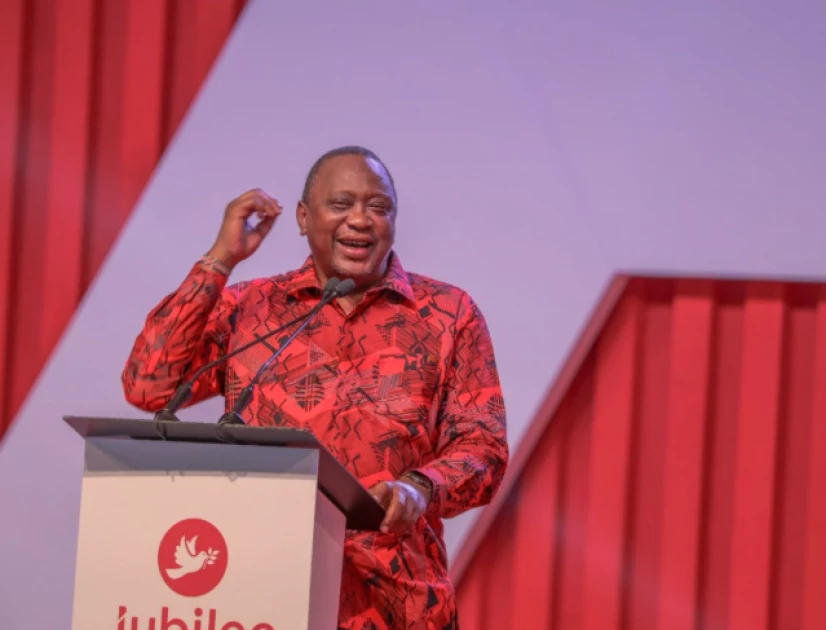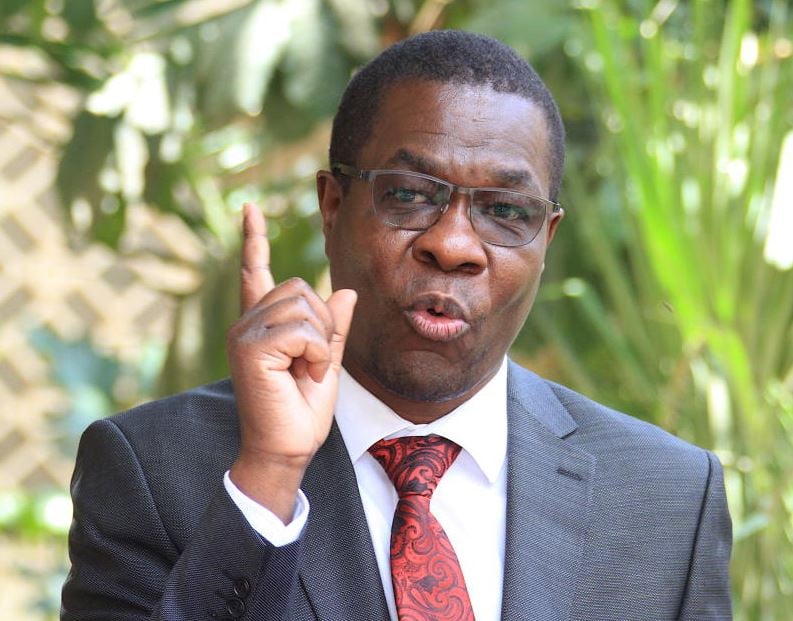High Court Declares Early Political Campaigning Unconstitutional in Landmark Decision
The High Court of Kenya has ruled that early political campaigns conducted outside the official election period are unconstitutional. The court found such activities violate key rights, including equality, security, and free and fair elections. It directed the Attorney General to enact a law within 12 months to regulate political campaigns.
In a historic and far-reaching ruling, the High Court of Kenya has declared that political campaigns conducted outside the official election period are illegal and unconstitutional. The judgment, delivered on Tuesday by a three-judge bench composed of Justices Hedwig Ong’udi, Patricia Gichohi, and Heston Nyaga, has sent a strong signal to the country’s political class, affirming the need to uphold the constitutional order and protect the rights of citizens from disruptive and unlawful political activity.
This landmark case was prompted by a petition filed by concerned citizens and civil society groups who argued that politicians have been engaging in incessant and premature campaigns disguised as "development tours" or "meet-the-people" events. These activities, the petitioners argued, have gradually eroded the integrity of the electoral process and caused widespread social and economic disruption.
In their comprehensive ruling, the judges found that early political campaigns violate numerous constitutional rights and principles. Among the rights cited were the right to equality and equal protection before the law, the right to life, the right to security and freedom from violence, the right to development, and the right to free and fair elections. The principle of impartiality, which is critical in a democratic society, was also cited as being compromised by premature political mobilization.
The court emphasized that campaigns conducted outside the official window give undue advantage to certain candidates who use public platforms and media exposure to entrench their popularity, often at the expense of their law-abiding opponents. This, the judges noted, undermines the constitutional guarantee of a level playing field in electoral contests. The bench also took note of the chaos, disorder, and public unrest often associated with premature rallies, which in many cases lead to clashes between rival political groups, destruction of property, and intimidation of voters.
“Allowing early campaigns without regulation distorts democracy, encourages political impunity, and creates an environment of constant political agitation and instability,” the judges observed. “It diminishes the publics trust in state institutions and disrupts the socio-economic life of citizens who are forced to endure prolonged political tensions.”
In response to these serious concerns, the High Court has directed the Office of the Attorney General to develop and present a comprehensive legal framework within twelve months. This law is to specifically address the issue of political campaigning outside the election period and set out clear guidelines on what constitutes legitimate political engagement versus premature campaigning. The judges emphasized that the law should aim to bring order, equity, and legal clarity to the political sphere, and align political behavior with the constitutional principles of fairness, rule of law, and democratic governance.
This ruling is being hailed as a crucial step toward restoring political discipline in Kenya and ending the culture of perpetual campaigning that often distracts leaders from their core daily responsibilities of governance and service delivery to the people. By declaring early campaigns illegal, the court has drawn a clear boundary around the electoral process, reinforcing the importance of adhering to timelines and protecting the rights of all citizens.













